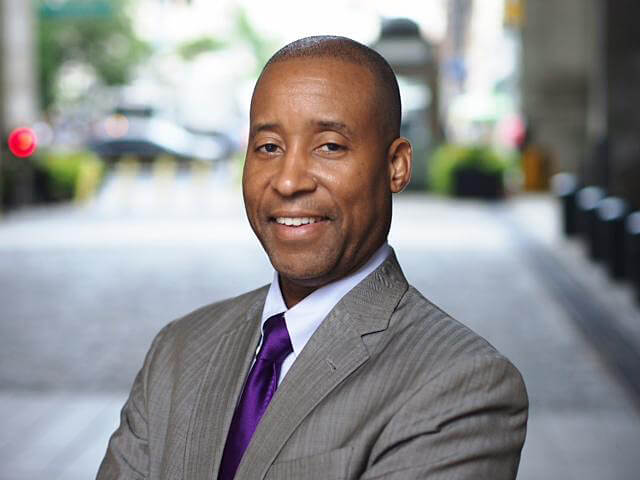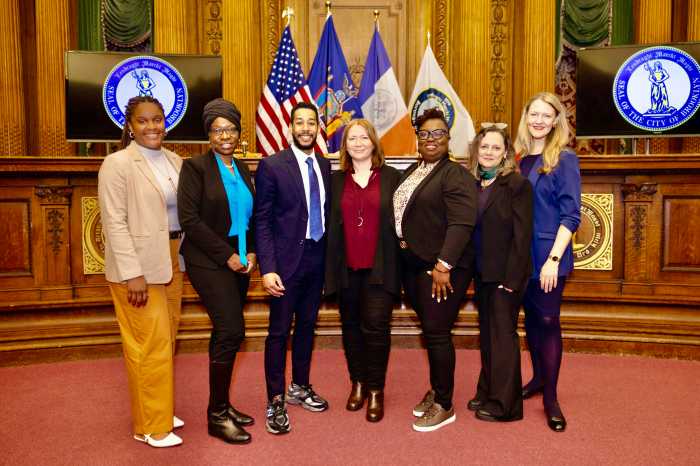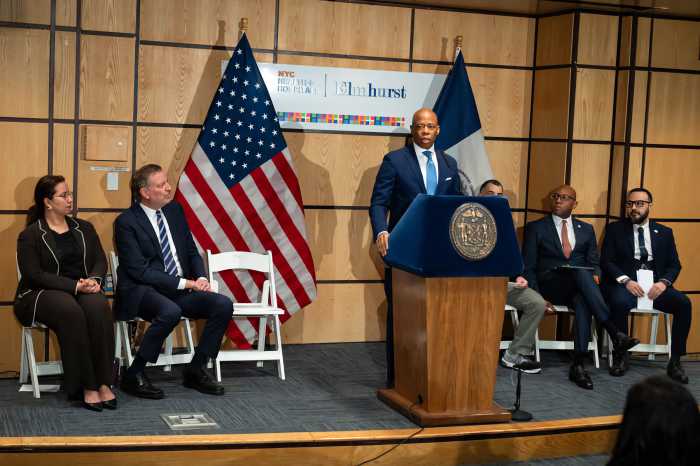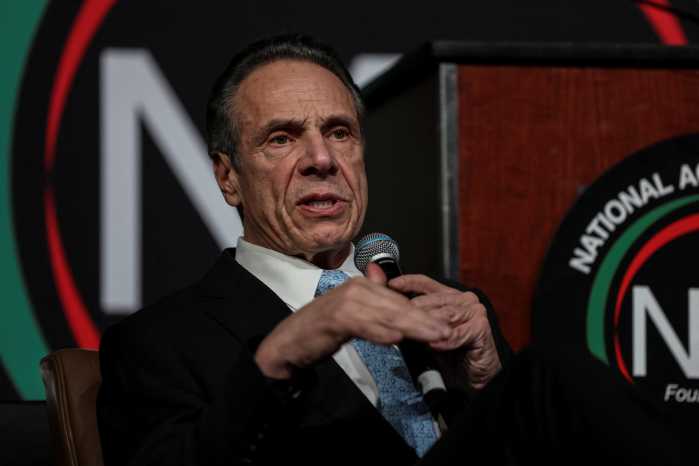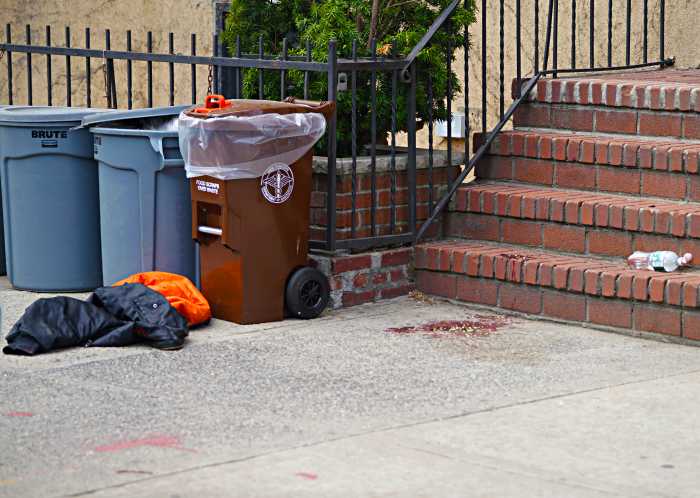Stating that while New York City Mayor Bill DeBlasio and Gov. Andrew Cuomo should be given “great credit” for keeping “average” New Yorkers informed through daily briefings, a Medgar Evers College (MEC) professor in Brooklyn, who specializes in emergency and disaster management, wants better communication for immigrant and minority communities, including the Caribbean community in the Big Apple, amid the coronavirus (COVID-19) pandemic.
Prof. Gregorio Mayers, a tenured professor in MEC’s Department of Public Administration, who was born in Panama to Barbadian parents, told Caribbean Life on Monday that “a lot of that information is not getting to many communities, where language barriers exist or where people are already working on the frontlines.
“In a city, with over 175 languages, where cultural and social norms are widely interpreted differently, there is a call for better communications,” said Mayers, who is also a political strategist and lawyer. “A stronger means of communication and outreach is needed, and must take a multi-faceted approach.
“Working with trusted entities, such as the various religious institutions such as churches, mosques and temples, is necessary and would assist with this effort,” added Mayers, who was a senior policy advisor in the administration of former New York City Mayor Michael Bloomberg. “Partnering with their respective leaders, who these communities already see as credible and trustworthy, would go a long way in improving this necessary communication.”_
Mayers said national and local not-for-profit organizational networks should be engaged, “because they have gained the trust of the communities and would be key in the quick dissemination of critical information.”
He noted that organizations — such as the National Association for the Advancement of Colored Peoples (NAACP), the Urban League, the Allianza Dominicana Cultural Center, Catholic Charities, Hispanic Federation and the Haitian-American Business Network – have been informing their members and merchants on “a wide range of pertinent information” – from the importance of face coverings to key provisions of the Small Business Administration (SBA) loan programs for small businesses.
Mayers also said local community and ethnic newspapers, radio and online programs “can, and should, be used as trusted outreach outlets.
“These reliable channels of communication are embedded in immigrant and minority communities providing appropriate sensitivities and protocols, which aid in keeping communities up to date on COVID-19 related matters,” he said.
Mayers — whose teaching expertise also lies in the areas of State and Local Government, Administrative and Regulatory Law, Criminal Law and Not-For-Profit Management – said community boards and precinct councils, which are often on the frontline interfacing with members of the public, are “already playing an integral role in the dissemination of information.
“They are seen as dedicated staples of local government coming from within the communities they serve,” he said, adding that block associations and tenant association leaders are also “another under-utilized, yet highly effective way to the community.”
Mayers noted that several local legislators have even gone a step further from their normal functions in introducing and passing laws in “this age of COVID-19.”
“They are informing constituents of testing sites and other relevant agency services, aiding through tele-town halls, social media, e-mails and direct distributions platforms,” he said.
While inviting subject matter experts and community and faith-based leaders has proved effective in drawing larger on-line attendance to these sessions, Mayers said “what is now needed is for the information to continue to trickle down through their respective networks, organizations and congregants.
“As the city begins to develop future emergency preparation action plans on this pandemic experience, a comprehensive communication strategy should be adopted to ensure that we successfully reach all communities and groups, especially the marginalized ones, to avoid mis-information and pandemonium in a time of crisis and great distress,” he stressed.


